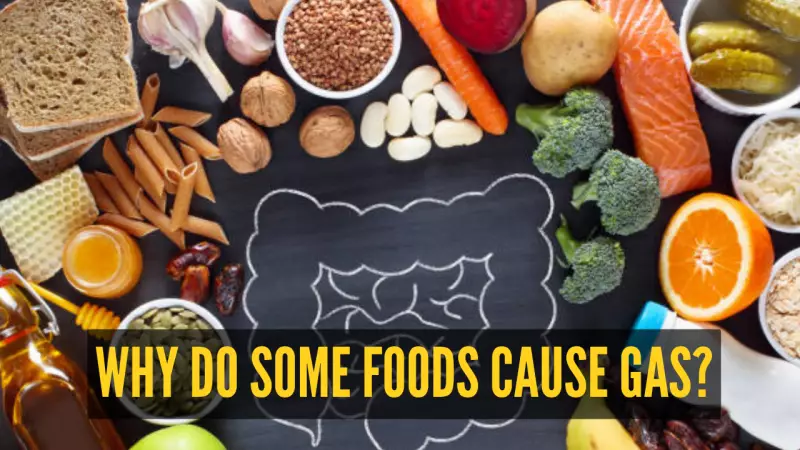
We all strive to eat healthy, loading our plates with nutritious foods that promise vitality. But what happens when these very foods turn against us, causing embarrassing gas and uncomfortable bloating? The truth is, some of the healthiest items in our kitchen can be secret saboteurs of our digestive peace.
The Gas-Producing Usual Suspects in Your Indian Diet
Here are five common healthy foods that might be disrupting your digestive system:
1. Beans and Lentils (Dal)
These protein powerhouses are Indian diet staples, but they contain high levels of oligosaccharides. Our bodies lack the enzyme to properly break down these complex sugars, leaving gut bacteria to do the job – which produces gas as a byproduct.
2. Cruciferous Vegetables
Broccoli, cauliflower, and cabbage are nutritional superstars packed with fiber and antioxidants. However, their high raffinose content (another complex sugar) and sulfur compounds make them notorious for causing bloating and, well, fragrant consequences.
3. Dairy Products
Milk, paneer, and yogurt are calcium-rich essentials, but many Indians struggle with lactose intolerance. Without sufficient lactase enzyme, lactose ferments in the gut, leading to gas, bloating, and discomfort.
4. Whole Grains
While whole wheat chapatis and brown rice are excellent fiber sources, this same fiber can be difficult to digest initially. The sudden increase in fiber intake can overwhelm your system, resulting in temporary gas and bloating.
5. Onions and Garlic
The foundation of Indian cooking contains fructans – soluble fibers that can cause gas and bloating in sensitive individuals. These flavor bases might be secretly contributing to your digestive distress.
Smart Strategies to Enjoy These Foods Gas-Free
Don't eliminate these nutritional powerhouses! Instead, try these expert tips:
- Soak beans and lentils thoroughly before cooking to reduce oligosaccharides
- Cook cruciferous vegetables well rather than eating them raw
- Introduce fiber gradually to allow your gut to adapt
- Try lactose-free alternatives if you're dairy-sensitive
- Combine gas-producing foods with digestive aids like ginger, fennel seeds (saunf), or asafoetida (hing)
Remember, occasional gas is normal and indicates your gut bacteria are well-fed. But if discomfort persists, consult a healthcare professional to rule out underlying conditions. With these simple adjustments, you can enjoy your favorite healthy foods without the unwanted side effects!





